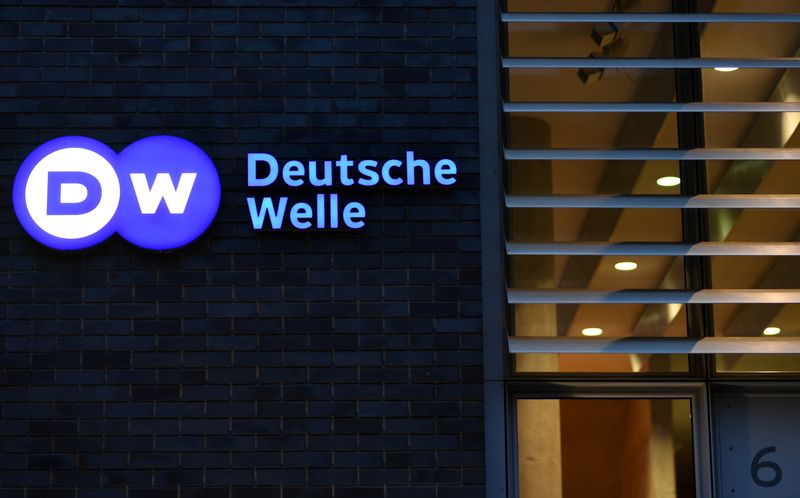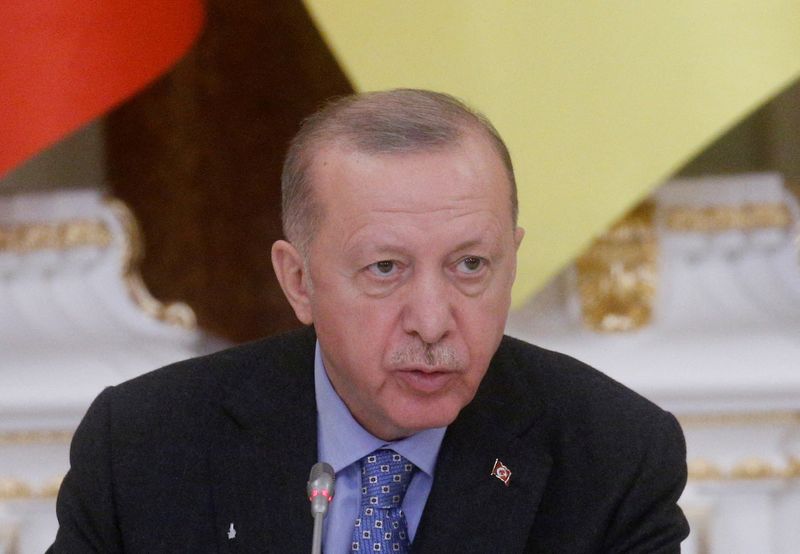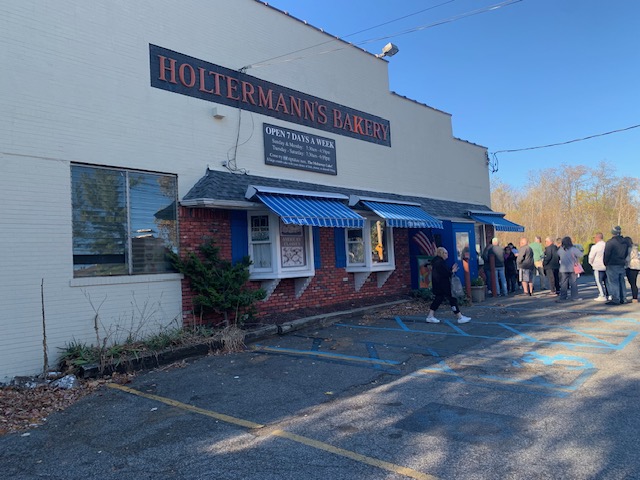ANKARA (Reuters) – German broadcaster Deutsche Welle and U.S.-based Voice of America said they will not apply for a licence in Turkey as requested by the country’s media watchdog, a decision that could lead to their websites being blocked there.
The vast majority of Turkey’s mainstream media outlets are seen as close to the government with coverage favouring President Tayyip Erdogan and his allies. Turks have increasingly resorted to alternative outlets, some of which are foreign-owned, and social media for news.
On Monday, the RTUK media watchdog, which is responsible for inspecting television and radio broadcasts, gave Deutsche Welle, Voice of America and Euronews 72 hours to apply for an online broadcasting licence to operate in Turkey.
Peter Limbourg, director general of Deutsche Welle, said the move was an attempt to restrict international media, adding that the company will apply to Turkish courts regarding the decision.
“(The measure) gives Turkish authorities the option to block the entire service based on individual, critical reports unless these reports are deleted. This would open up the possibility of censorship,” he said.
RTUK, whose policy-making board is dominated by Erdogan’s AK party and its allies, frequently fines broadcasters critical of the government for their coverage. Recently, it fined Tele 1 broadcaster for inciting hatred after journalist Sedef Kabas used a palace-related proverb on a TV programme.
Kabas was jailed pending trial over the comments, which prosecutors said amounted to insulting the president, considered a crime in Turkey.
Voice of America said there were concerns that the broadcasting licence would enable censorship of unfavourable press coverage.
“VOA could not comply with directives from a regulator to censor or remove content; nor then could VOA willingly agree to subject itself to such censorship,” it said in a news release.
Voice of America shared an article on Twitter regarding ways to view the website if access if blocked to it.
Ilhan Tasci, a RTUK board member from the main opposition CHP, said the deadline is 1230 GMT on Thursday and the council would apply to a court to ban access to the websites if they have not applied for a licence by then.
“There is a dominant mindset in Turkey that does not want a voice, thought or different perspective to be expressed other than what the government wants. This is sliding from a domestic level towards international broadcasters,” he told Reuters.
Western allies and rights groups have accused Erdogan’s government of using a failed military coup in 2016 as a pretext to muzzle dissent. The government denies this, saying its measures are needed due to security threats facing Turkey.
(Reporting by Ali Kucukgocmen; Editing by Daren Butler and Mark Heinrich)
























